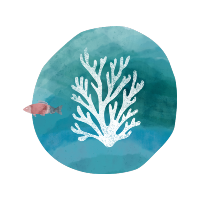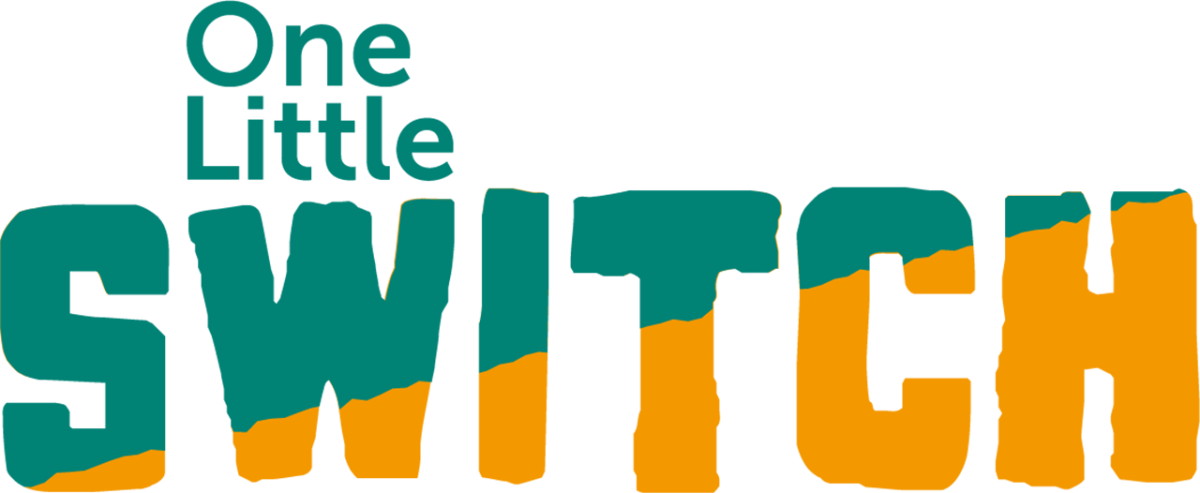Complete the form below to receive a copy of our free One Little Switch eBook
Follow the science
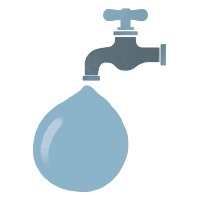
Water wastage
Water is used for farm animals to drink as well as cleaning, sanitation and managing animal wastes, but animal products also have a huge ‘embedded’ water footprint – water which is needed to grow crops for animal feed. It’s estimated that moving to diets which exclude animal products worldwide would reduce agriculture’s water use by 19%. To learn more read our blog on conserving water.
Biodiversity loss
Habitat destruction and fragmentation caused by the expansion of agricultural land is the leading driver of biodiversity loss worldwide. The food system accounts for around 60% of all biodiversity loss , and most of this is caused by animal farming which uses 77% of all agricultural land area . Switching to a plant-based diet can help prevent biodiversity loss and make more space for nature. To learn more read our blog on supporting wildlife.
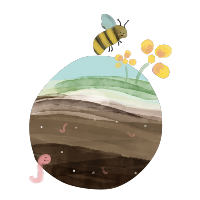
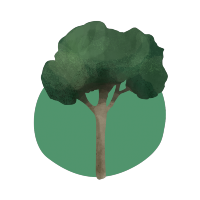
Deforestation
Expansion of grazing pasture and cropland to grow animal feed are the leading causes of global deforestation, by switching to a plant-based diet you can help protect these vital ecosystems. To learn more visit our page on Planting Value in The Food System.
Vegan diets
Switching to a vegan diet is one of the most effective ways to reduce your impact on the planet. By making this personal commitment to reduce the impact of your food, you’ll be joining the millions of people worldwide who have already made the change.
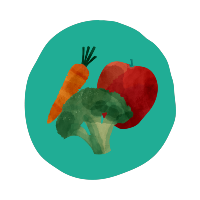
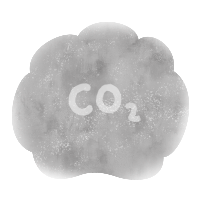
Greenhouse gas emissions
Agriculture is responsible for up to one third of the world’s greenhouse gas emissions and the majority of this comes from animal farming . It’s estimated that animal products account for 83% of the emissions caused by EU diets. That’s why switching to a plant-based diet is one of the most effective ways to reduce your carbon footprint. To learn more read our blog on green transport.
Water pollution
Moving to plant-based diets would drastically lower the use of fertiliser and pesticides, reducing the damage this does to our rivers, lakes, and seas, and it would help protect the worlds oceans from ‘acidification’ and other pollution sources’ such as plastics from the fishing industry. To learn more read our blog on reducing plastic use.
